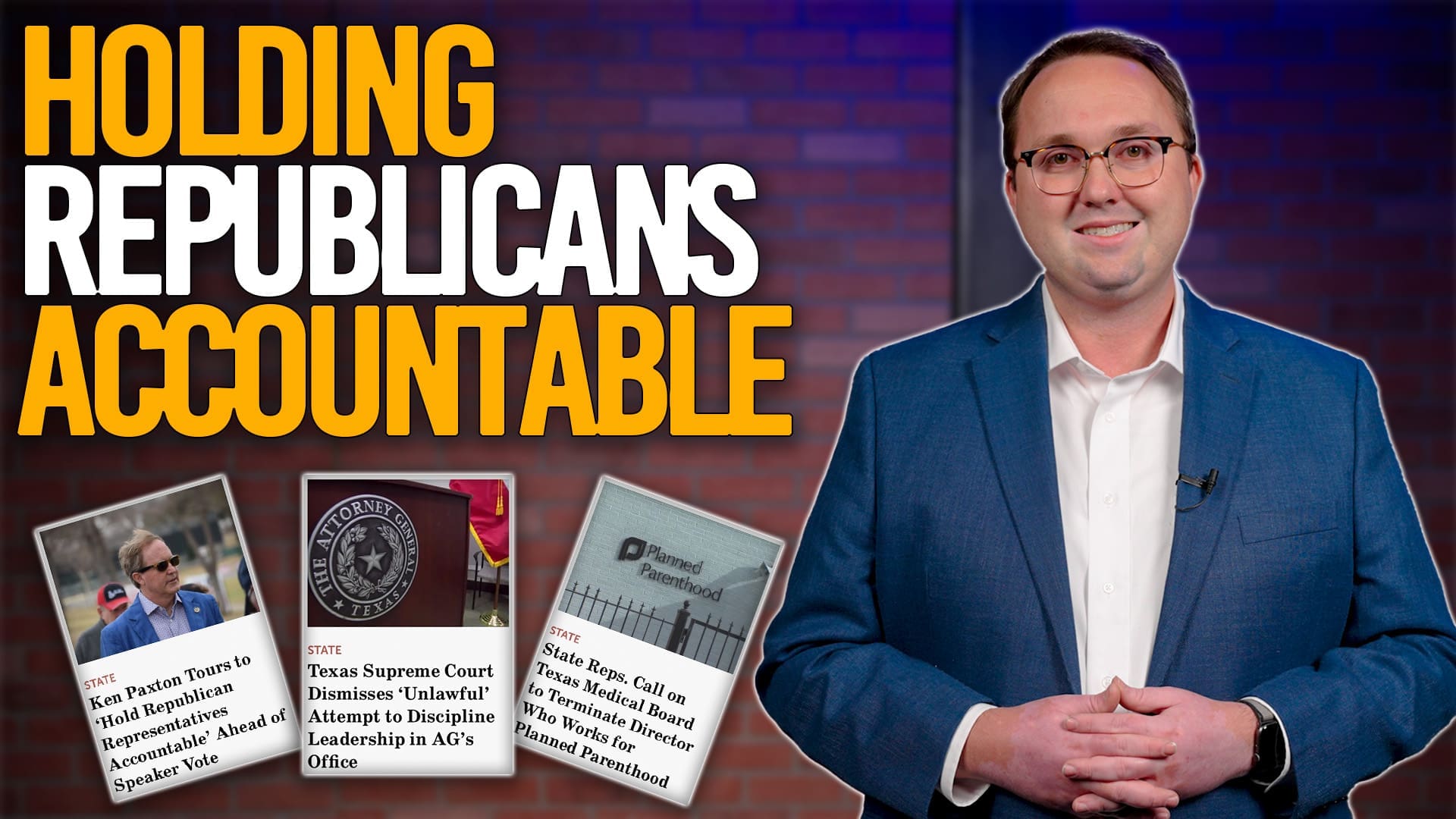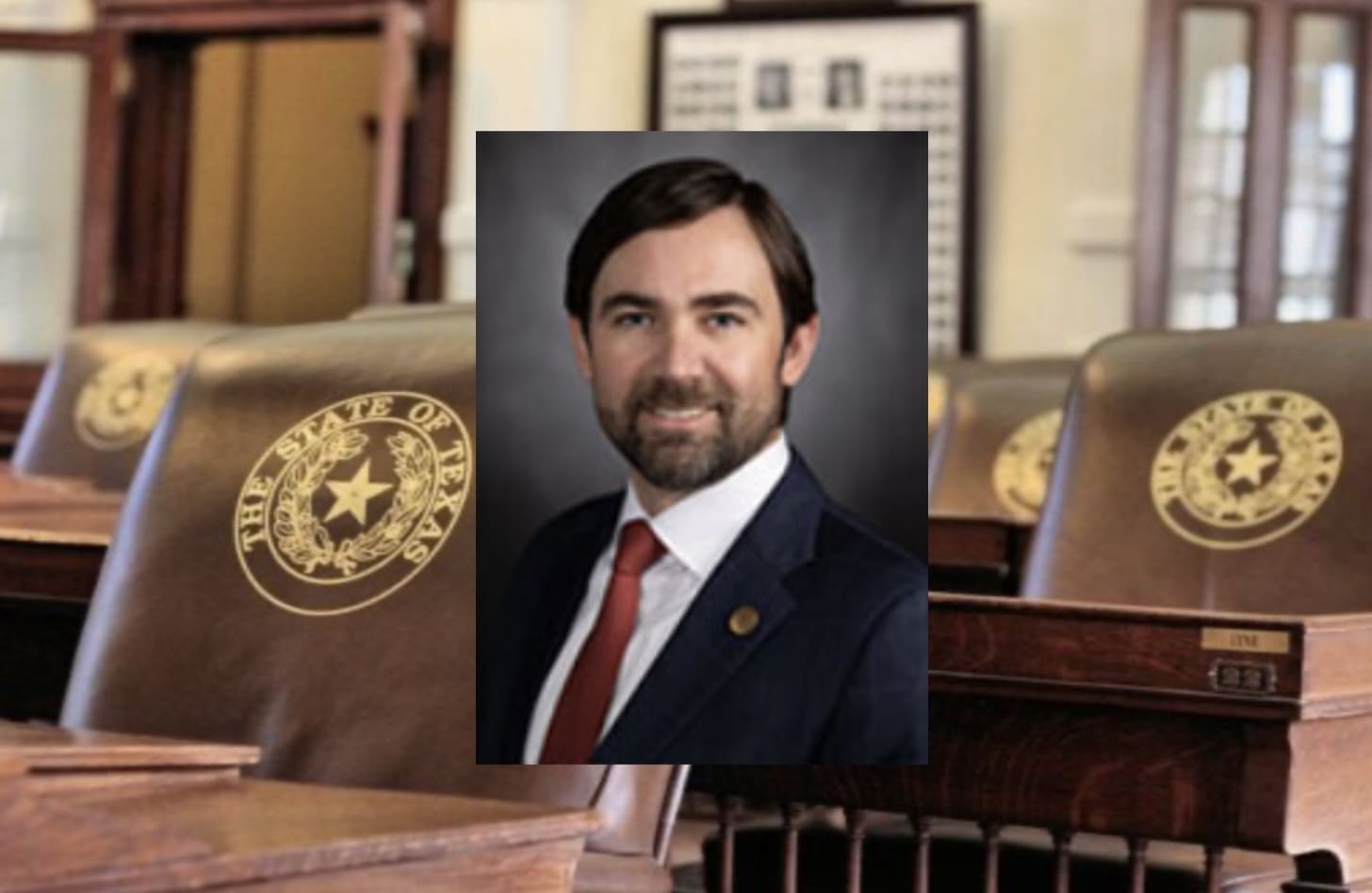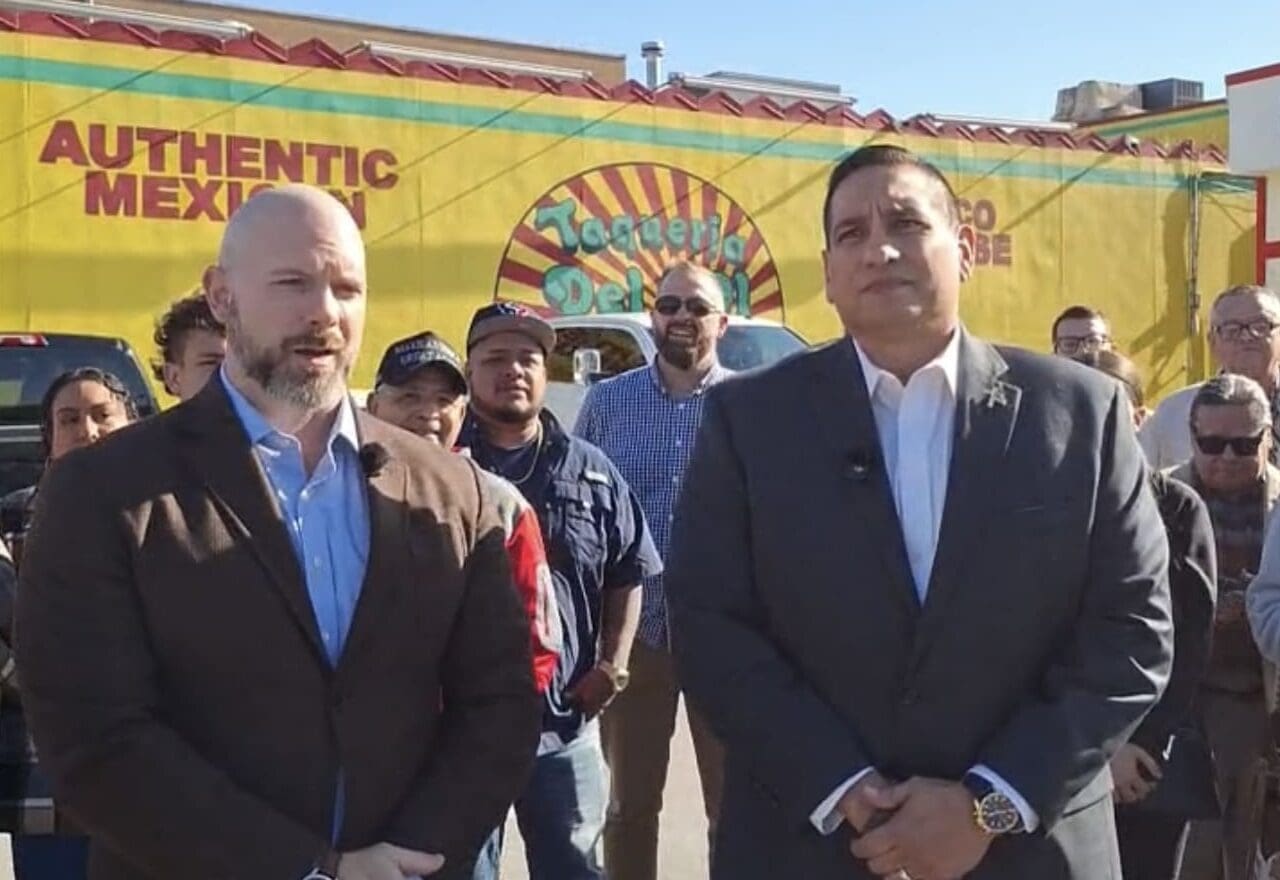“Some of you will be killed or wounded during your tour of duty because you will forget you are in a war.”
This sober warning greeted many U.S. soldiers upon their arrival in Vietnam and became reality for a horrifying number.
U.S. citizens who are voter-eligible would do well to heed a similar admonition:
“Your freedoms and rights will be killed or wounded because you have forgotten you are in a war.”
[side_text]Don Stroud, of Austin, TX, submitted this commentary for EmpowerTexans.com and Texas Scorecard.[/side_text]
War is being waged against the foundations of our Western civilization. Elections are one of the theaters, where bloodless battles are fought between competing ideologies, competencies and values. Weapons include truth, diligence, and a civil bullet in the form of a voter registration certificate. Failure of a voter-eligible citizenry to consistently utilize any one of those three ultimately leads to casualties and surrender to tyranny.
The first two parts of this series touched on truth and diligence in vetting candidates. However, researching candidates is useless unless you, the citizen, take two specific actions:
1) Load your civil bullet by registering to vote at your current address at least 30 days prior to Election Day.
2) Fire your civil bullet by voting for the candidate you trust will best “…preserve, protect and defend the Constitution of the United States of America from all enemies, foreign and domestic”.
What good is that civil bullet, even in a constitutional republic, if intelligent, conscientious, rule-of-law-respecting citizens remain unengaged in the battle? Can it be considered dereliction of duty or an act of surrender to tyranny or oligarchy when one relegates his voter registration certificate to the stack of unread junk mail, and abnegates his influence to the moral relativist voter next door?
According to U.S. Census research, only 59% of Texas’ voting-age U.S. citizens were registered to vote in November 2014. Total voter turnout in the March 1, 2016 primary was less than 30% of registered voters. Keep in mind this low, overall turnout was in a hotly-contested presidential primary in both parties. Voter turnout in the upcoming May 24th runoff will likely be in the low single digits.
Can we expect the next generation to improve on this trend? It is estimated that less than 15% of registered voters 18-23 years of age voted in the recent 2016 presidential primary, with the majority voting in the Democrat Party. By comparison, approximately 2% of registered voters 18-23 years of age voted in a party primary during the 2014 Texas gubernatorial race. The trend in party preference and worldviews among young voters is consistent with the trends revealed in the Texas Secretary of State, Project V.O.T.E. Student Mock Elections conducted by several dozen public schools across Texas.
What actions are you taking to model good stewardship of your civil bullet to your children? Are you carving out time at the dinner table for extended discussions about issues and candidates, values and philosophies, platforms and policies, then taking your underage children with you to vote? Are you stressing the privilege of registering, researching and actually voting once your children reach voting age?
Page 1of 2
How do you respond to the rationalization, “But mine is just one vote. It won’t make a difference”?
Point to Andy Porter, Brent Webster or several candidates for state representative whose campaigns either perished or survived by extremely narrow margins.
- Andy Porter was in a five-candidate race for Justice, 2nd Court of Appeals District, Place 3. Since none of the five received more than 50% of the vote, the two candidates receiving the most votes will face each other in the May 24th runoff. Andy missed being one of those two by only 50 votes out of a total of 101,362 votes cast between him and the runner-up. Actually, only 26 voters made the difference by casting a ballot for his opponent rather than Andy.
- Empower Texans endorsed Brent Webster in a state-wide, four-candidate race for Court of Criminal Appeals, Place 5. Over two million votes were cast in that race, and Brent made the runoff by a margin of less than 1%.
- In two high-profile state representative races, the Empower Texans-endorsed candidates lost by 104 and 225 votes. The cut of those razor-thin margins is even more painful when you consider the swing votes were 53 and 113 respectively. A few dozen families casting more informed votes would have made the difference in the outcomes of those elections.
Why not just skip the primary process and vote in the November General election? If you waived your right to vote in the primary, or, you are contemplating doing so in the runoff under the assumption you will wait to assert your influence in the November General Election, you may want to rethink your strategy. November is too late to have any degree of influence on many down-ballot races. Politicians and parties have drawn the boundaries of their districts in such a way that 95% of Texas House and Senate races are determined in the primary and primary runoff, sealing the outcome of the November General Election before a single vote is cast.
While most voters are fixated on the presidential race, you have an incredible opportunity at the grassroots level to significantly impact the outcome of down-ballot races in the May 24th runoff election. Runoff elections have very low voter participation, making your vote even more potent in contests that may be decided by a handful of ballots. Few voters invest the time to research and make an informed decision on state, district, county, and local races, especially those for judicial offices.
Freedoms and rights are lost or preserved one election at a time. In the upcoming local and runoff elections, will you abandon your post and your freedoms, leaving them exposed to hostile fire? Or will you remember you are in a war and fire your civil bullet for the candidate who will best represent your values and live up to their oath of office?




